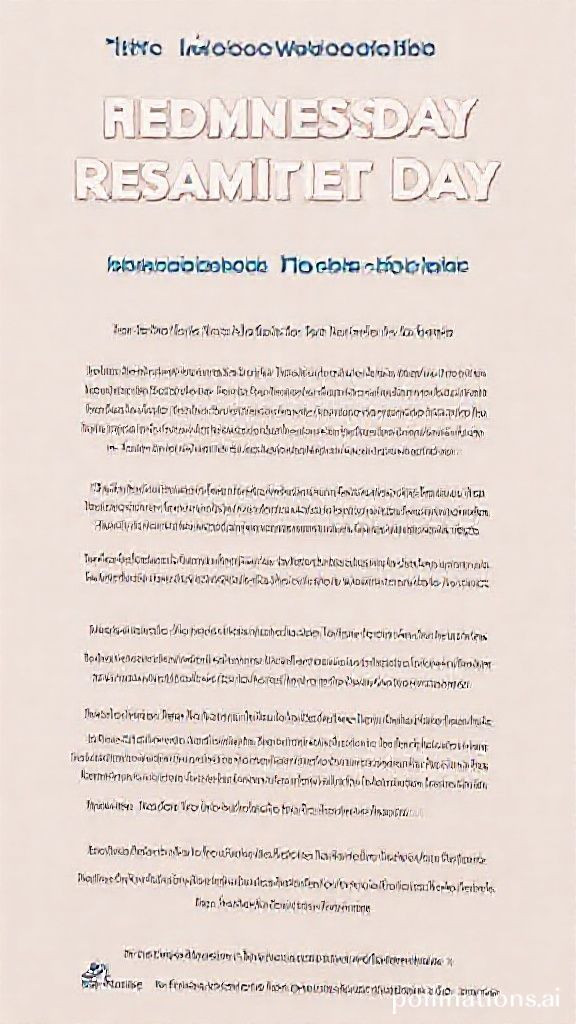
Trump's Tariff Pause A Game-Changer for Cross-Border E-commerce?
Trump's Tariff Pause A Game-Changer for Cross-Border E-commerce?
Trump's Tariff Pause A Game-Changer for Cross-Border E-commerce?
President Donald Trump's decision to pause imposing tariffs on small-value packages arriving from China has significant implications for cross-border e-commerce. The executive order, dated Wednesday, temporarily suspends the tariff exemption on low-cost packages valued at less than $800, allowing federal agencies to determine how to process millions of such shipments that have been entering the U.S. border daily without paying taxes.
The de minimis exception rule, introduced in 1938, was intended to facilitate the flow of small packages valued at no more than $5 (equivalent to about $106 today). However, with the rapid rise of cross-border e-commerce, driven by China, this decades-old customs exception rule has become increasingly challenged.
According to a report released last week by the Congressional Research Service, Chinese exports of low-value packages have soared to $66 billion in 2023, up from $5.3 billion in 2018. The U.S. market has been a major destination, with over 1 billion such packages coming through U.S. customs in 2023 alone.
The implications of this policy shift are significant. Some analysts predict that the end to the de minimis exception rule could lead to higher prices and delivery delays as U.S. customs officials cope with an onslaught of packages to scrutinize. Others argue that it will change the cross-border e-commerce model, driving up costs and prompting overseas sellers to turn to bulk shipping.
What's Next?
As the situation unfolds, key stakeholders in the supply chain, including e2open, a leading supply chain platform, are cautioning against complacency. The volumes are absolutely incredible, said John Lash, group vice president of product strategy at e2open. And all of a sudden, they go from not requiring filing (for tariffs) ... to actually requiring full filing, which is a complicated task.
Conclusion
In conclusion, Trump's pause on imposing tariffs on millions of low-value packages from China has significant implications for cross-border e-commerce. As the situation unfolds, it remains to be seen how federal agencies and stakeholders in the supply chain will navigate this new landscape. One thing is certain the end of the de minimis exception rule marks a turning point in the evolution of global trade and e-commerce.
Key Takeaways
Trump's tariff pause has significant implications for cross-border e-commerce.
The de minimis exception rule, introduced in 1938, is no longer suitable for today's rapid rise of cross-border e-commerce.
China is the driving force behind the surge in low-value package exports to the U.S.
Keywords Trump, tariffs, China, cross-border e-commerce, de minimis exception rule, U.S. Customs and Border Protection, international shipping, supply chain management, logistics.






